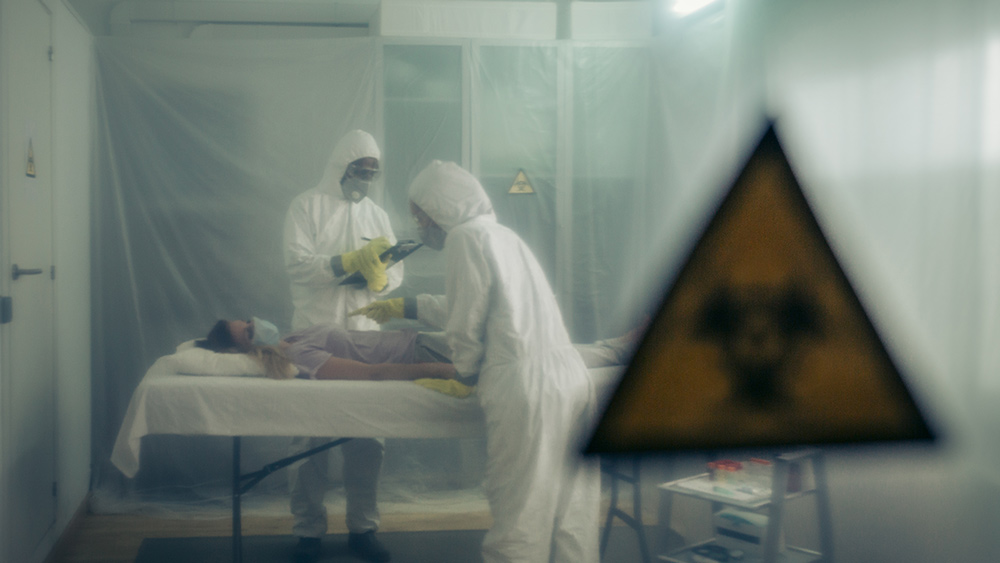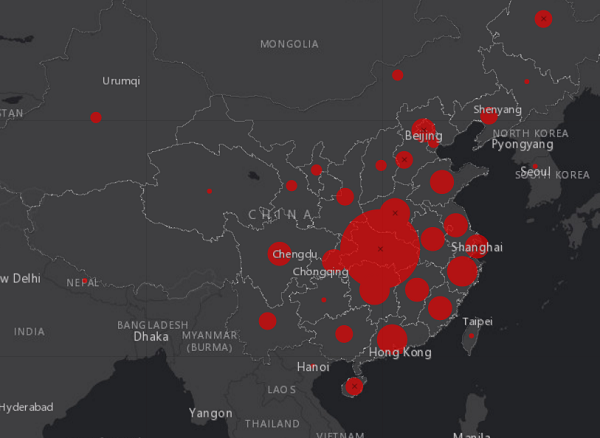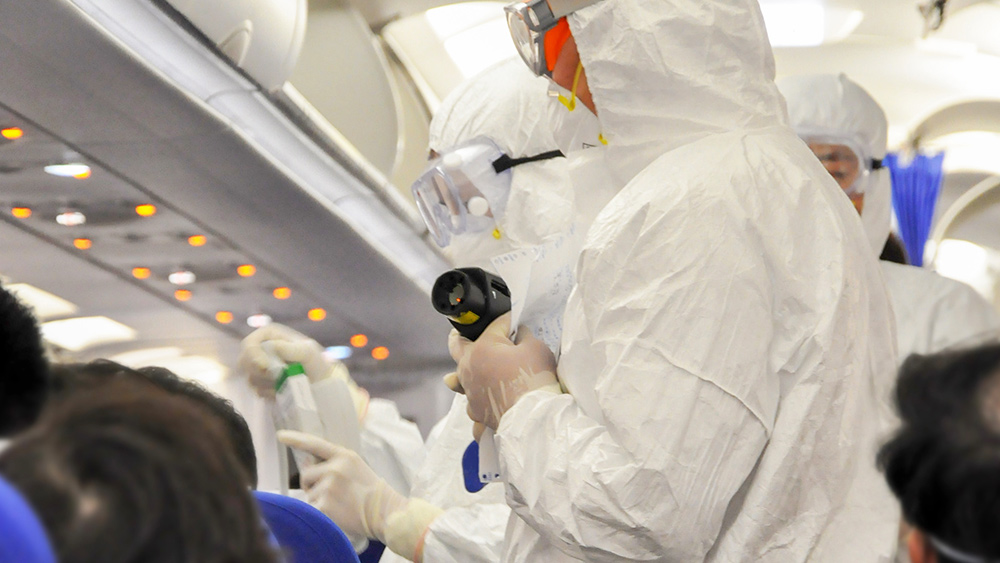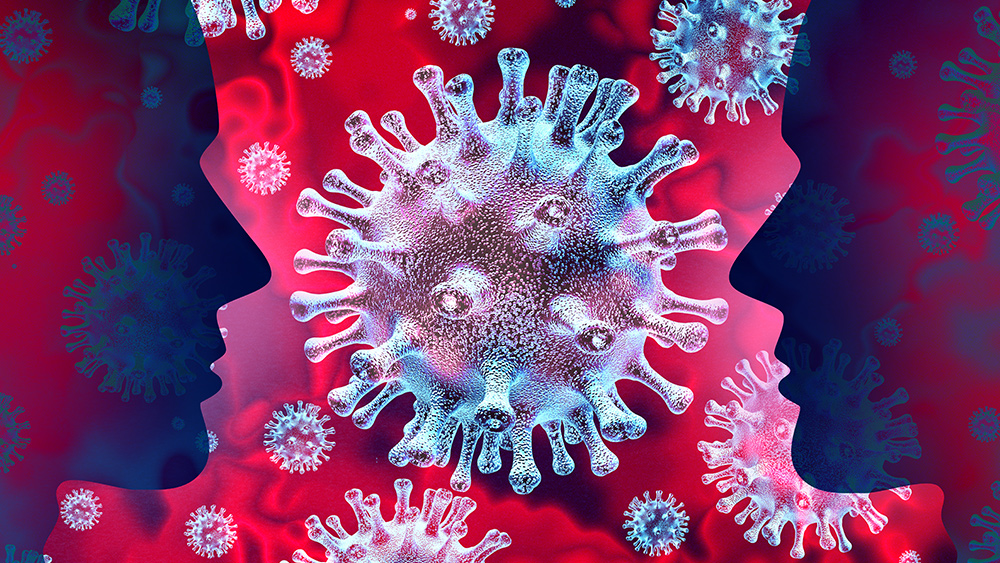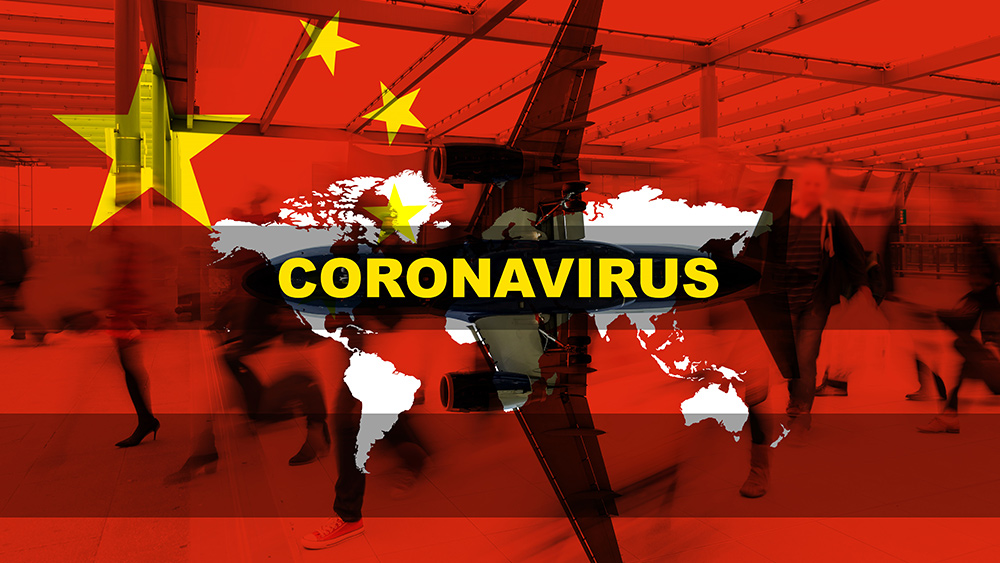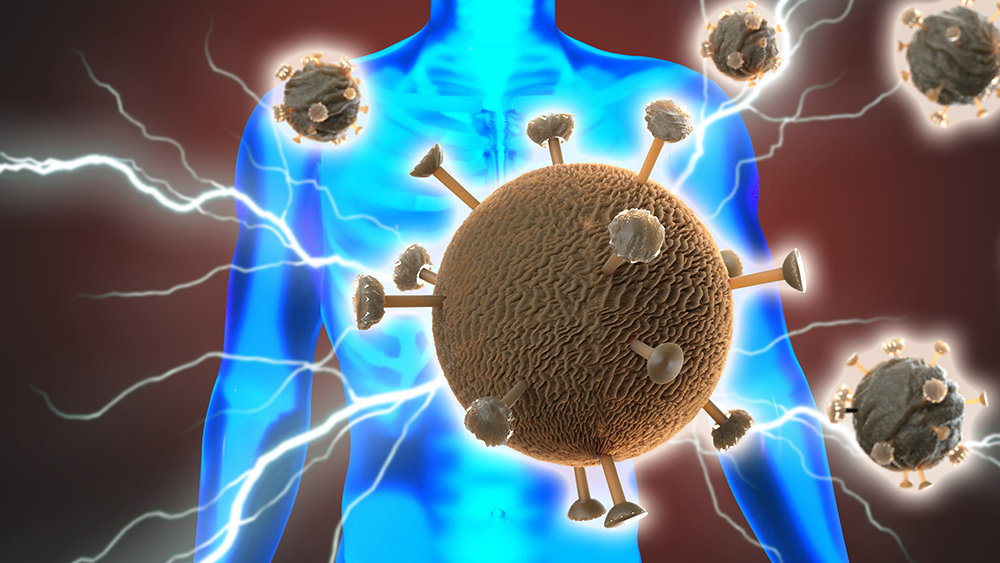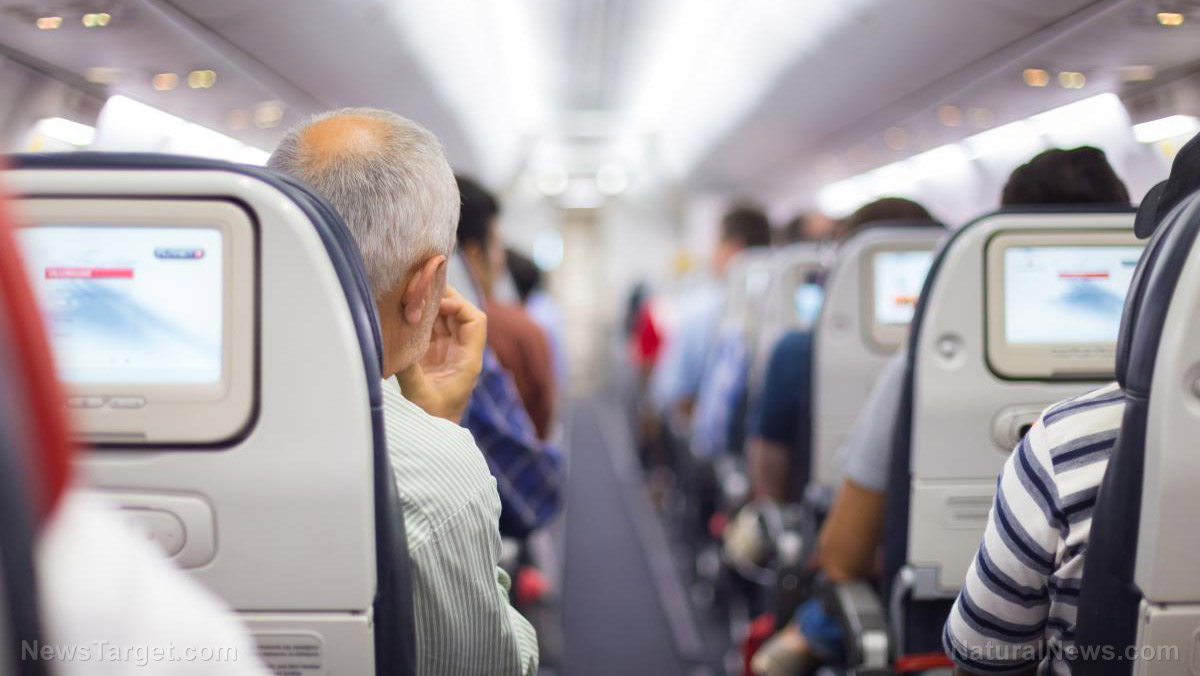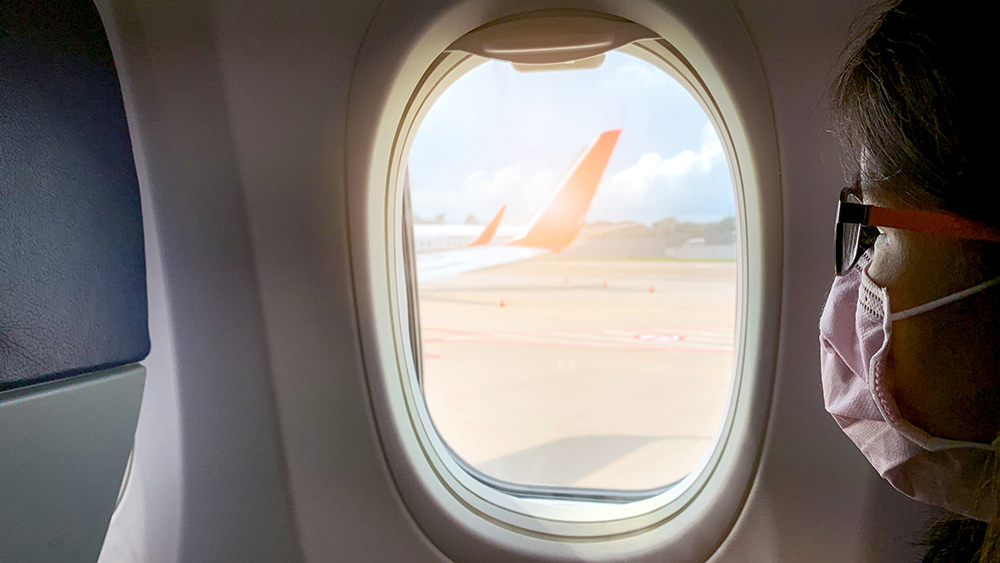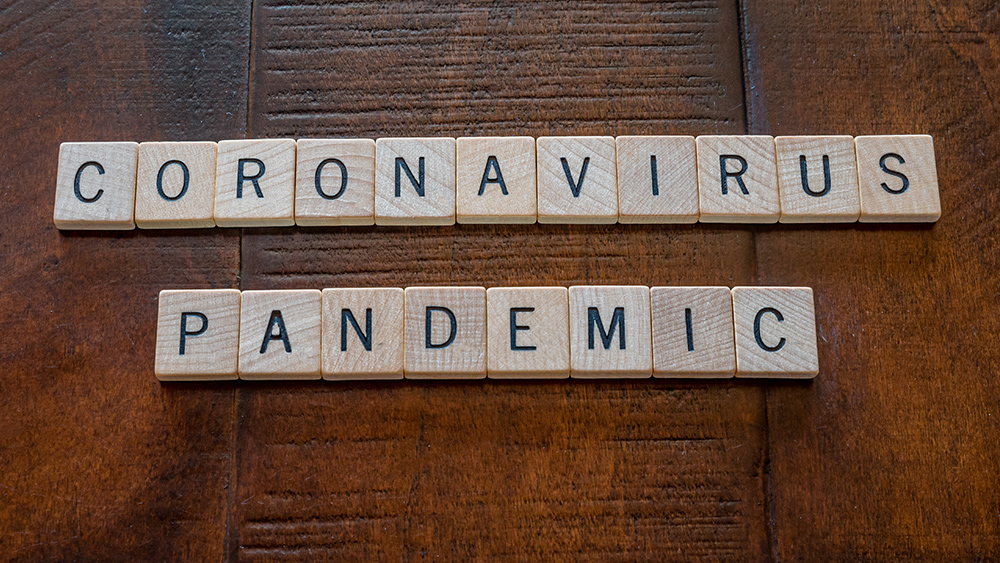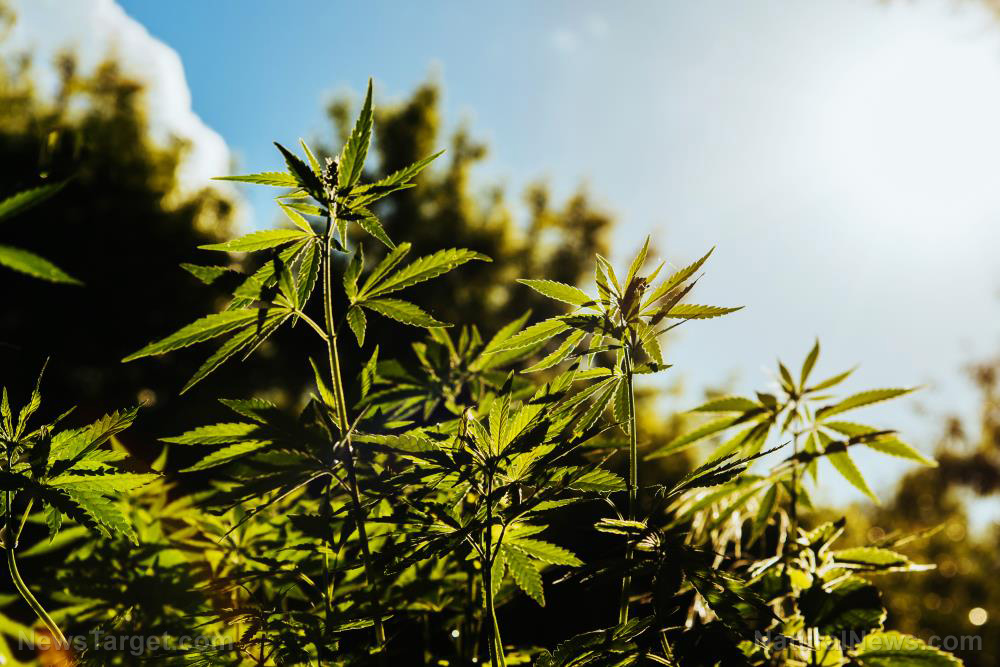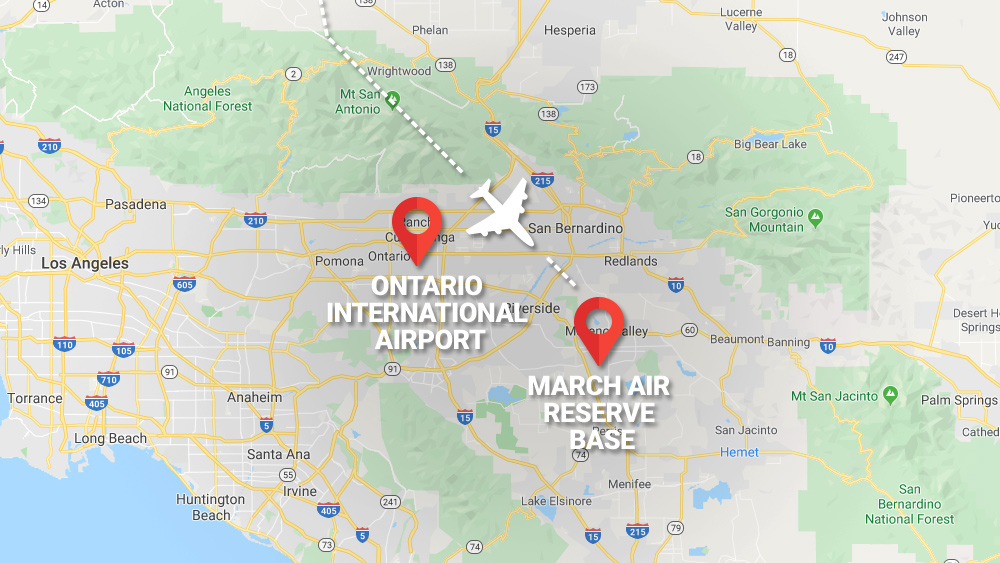Research suggests traffic-related air pollution may be linked to childhood anxiety
01/06/2020 / By Grace Olson

Air pollution has been linked to several health problems, including respiratory diseases and an increased risk of stroke. A recent study published in Environmental Research adds another problem to that list — childhood anxiety.
Researchers from the University of Cincinnati in Ohio found that air pollution may result in increased feelings of anxiety among children. Through neuroimaging, they found that children exposed to traffic-related air pollution (TRAP) had higher levels of metabolites in their brains. This, researchers believe, contribute to anxiety.
Air pollution makes children more anxious
Several studies have shown that children who grow up in heavily trafficked areas are more prone to developing health problems, such as asthma, obesity and learning and development delays. Small children, whose organs have not yet fully developed, are especially vulnerable.
Previous research has shown that pollution is linked to behavioral disorders. One study from the University of Southern California found a link between higher levels of air pollution and teenage delinquency. However, the researchers in this study wanted to determine if air pollution can also be associated with mood disorders.
To investigate, they gathered 145 children with an average age of 12 years. They used a specialized MRI technique called magnetic resonance spectroscopy. Through this noninvasive method, researchers measured the biochemical changes in the children’s brains. Furthermore, the participants took a test (Spence’s Children’s Anxiety Scale) to measure their anxiety levels. Lastly, the researchers gathered data on air pollution levels in areas where the children lived.
Through the neuroimages, researchers found that children exposed to air pollution had higher levels of myo-inositol in the brain. Myo-inositol is a common metabolite – compounds that give cells energy – in the brain. Specifically, myo-inositol is found in specialized brain cells called glial cells. These cells help maintain fluid balance in the brain and regulate the levels of hormones and insulin in the body. Additionally, the researchers observed that increases in myo-inotisol levels correlated to more symptoms of generalized anxiety.
Based on their findings, the researchers opined that there may be a connection between TRAP, metabolite dysregulation in the brain and symptoms of generalized anxiety among children.
The researchers pushed forward a theory. The increased number of myo-inositol indicated higher levels of glial cells; the researchers suggested that exposure to TRAP increases their number. The larger population of glial cells is a common sign of inflammation. Consequently, this inflammation may contribute to increased feelings of anxiety.
The symptoms of generalized anxiety were relatively low in degree, so the researchers assured that the children were not at risk of a clinical diagnosis of an anxiety disorder. However, they pointed out the adverse effects of air pollution, not just on children, but on the overall population. Their findings showed that TRAP causes inflammation in the brain. If this problem is not properly addressed, it may lead to more mental disorders and cognitive diseases in the future.
Tips to protect children from air pollution
According to the World Health Organization (WHO), air pollution contributes to respiratory tract infections among children. In fact, this resulted in 543,000 deaths among children younger than five years old. (Related: Is pollution WORSE indoors? UK study finds households are “TOXIC boxes” that trap air pollution particles.)
Air pollution includes both TRAP and household air pollution. To protect the children from respiratory infections, implement the following tips below:
- Stop smoking. It benefits neither the children nor the smoker. Let go of the tobacco and improve everybody’s overall health.
- Always cook in a ventilated area. This way, the smoke would not accumulate in one place.
- Use cleaner fuels and technology. This includes electrical devices, natural gas or solar stoves and ovens.
- Stop burning waste. Learn waste segregation and recycling methods. Learn to compost as well.
- Avoid heavily trafficked areas. Use other routes instead while walking or cycling.
- Get the community involved. Inform others of the dangers of air pollution and work with community leaders and medical professionals on policies that can be implemented.
Air pollution is a global health problem. Find out more about it and how to address it Pollution.news.
Sources include:
Tagged Under: Anxiety, brain health, children's health, cognitive health, environment, medical research, mental health, mood disorder, prevention, psychiatry, stopsmoking, Traffic

